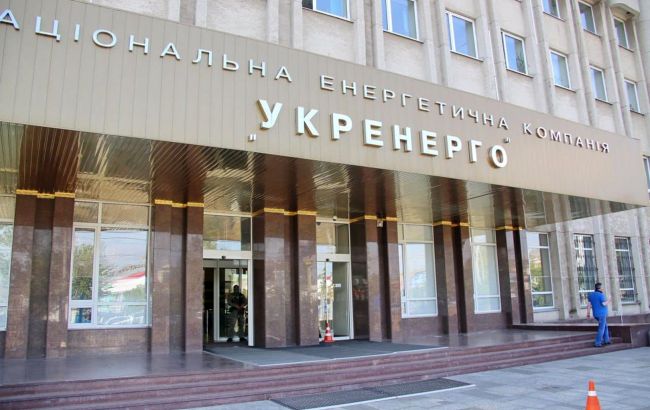What is behind Ukrenergo’s technical default and how it will affect Ukraine’s energy stability
7 November 2024 18:13
Starting November 9, NPC Ukrenergo will temporarily suspend payments on green sustainability bonds, the company announced in its official release. The company announced this on its Facebook page.
“This technical solution will be in effect until the planned debt restructuring is completed in the coming months. “Ukrenergo, together with the government of Ukraine, is taking all necessary measures to reach an agreement with bondholders in the near future,” the statement said.
The reason for the suspension of payments was a provision of a separate law (the Law of Ukraine “On Peculiarities of Transactions with State, State-Guaranteed and Local Debt and State Derivatives”), as well as a decision of the Cabinet of Ministers and an order of the Ministry of Energy, the state’s authorized management body for Ukrenergo. These regulations were adopted as part of Ukraine’s fulfillment of its obligations under the IMF program.
According to information posted on the company’s website, Ukrenergo intends to hold talks with representatives of bondholders, including the European Bank for Reconstruction and Development (EBRD), in the near future to discuss the possibility of changing the terms of the bond issue to ensure the stability of the company’s financial situation in the long term.
What is technical default and what is its impact on the energy system?
Andrian Prokip, energy expert at the Ukrainian Institute for the Future, in an exclusive commentary for
“In 2021, Ukrenergo issued green bonds to cover debts that had accumulated due to unfavorable conditions in the energy market. The debts arose because the regulator did not set a tariff for electricity transmission that would cover all costs at an objective level. According to the law, the state should cover 20% of these costs from the budget, but this has never happened. As a result, debts were accumulated,” explained Prokip.
“Ukrenergo issued bonds, in effect receiving a loan to partially repay these debts. However, this year the company was unable to make the first payment on the bonds due to the war and changes in government policy.
“It was planned to make the payment, but due to the outbreak of war, Ukraine initiated negotiations with creditors to postpone payments and reduce the interest rate to reduce the financial burden,” the expert says.
The negotiations were successful, and in August-September of this year, the state reached an agreement with creditors to reduce the interest rate on debts. Importantly, the government stated that the debts of state-owned companies cannot be paid on terms different from those agreed for sovereign bonds.
“The state said: we do not guarantee these debts. If the state had taken over the payment, it would have meant budget expenditures, but it was decided that state-owned companies should change the terms of payment,” Prokip added.
How a technical default could affect winterization and Ukrainians
As of today, Ukrenergo is negotiating with creditors to revise the terms of debt repayment. They will pay, but the amount will be reduced, and the payments themselves will be delayed. Technically, this can be considered a default, but it is a temporary situation. Everything should be agreed upon in the coming months, and the situation should stabilize by the beginning of next year.
This will allow the company to save money as payments will be reduced.
As for the impact of this situation on Ukraine’s energy stability, in particular on winterization, Prokip assured that it will not have any serious consequences.
“This has no impact on the winter. A technical default can only affect future negotiations with creditors on new loans, but this issue will be resolved very quickly,” he emphasized.
“Ukrenergo has enough funds to fulfill its obligations, and the delay in payments is not due to lack of money, but to the need to agree on new payment terms with creditors. The company assures that the situation will stabilize in the short term. This means that Ukraine’s energy system, despite the current difficulties, will not suffer serious blows and will be ready for the winter without negative financial consequences.
Thus, the temporary suspension of payments on Ukrenergo’s green bonds is a technical step aimed at restructuring the debt. This decision is necessary to ensure the long-term financial stability of the company, and although it can be formally called a default, it does not have catastrophic consequences for the Ukrainian energy system.
Author – Daryna Glushchenko









